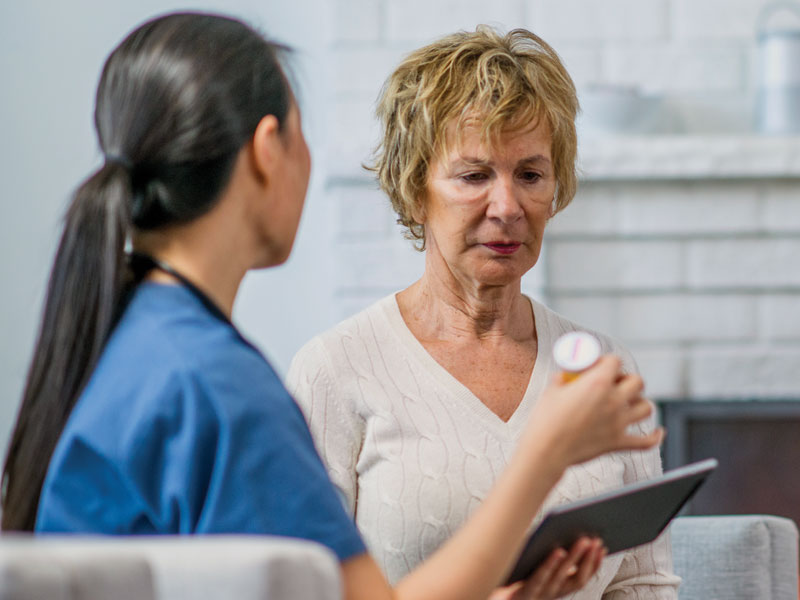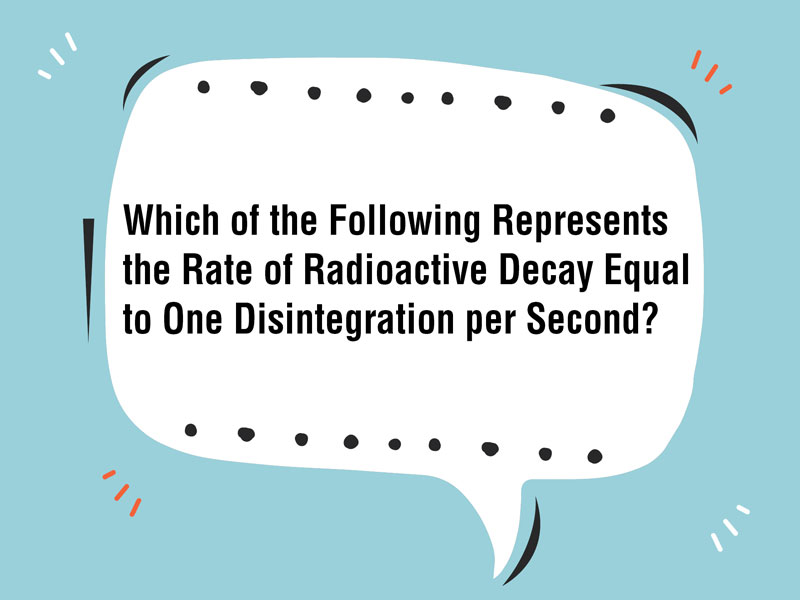Do Cytotoxic Agents Impact Ground Soil or Well Water?

When patients go home after receiving their regimen of powerful cytotoxic agents, oncology nurses routinely encourage them to double flush after using the bathroom to ensure that trace amounts of hazardous medication are eliminated from the environment to prevent other members of the household from being exposed. But what happens with chemotherapy chemicals found in human waste as they enter a patient’s septic system—and eventually the water supply?
FDA Approves Cabozantinib for Hepatocellular Carcinoma

On January 14, 2019, the U.S. Food and Drug Administration (FDA) approved cabozantinib for patients with hepatocellular carcinoma who have been previously treated with sorafenib.
The Case of the Gender Gaffe

During the morning shift change, Charlie, an RN, receives a report on Ellis, age 52, who was admitted three days ago for severe abdominal pain and persistent diarrhea after cycle 3 of high-dose ipilumumab and nivolumab.
When Charlie and the certified nursing assistant (CNA) enter Ellis’s room, the patient is sitting up in bed caressing hands with a woman of similar age. Ellis requests help getting into the shower, so Charlie says to the CNA, “Please, help him shower, and I will finish introductions.”
Ellis interrupts Charlie. “I am not a he!”
Short-Term Insurance Plans; FDA Curbs Youth Vaping; Drug Cost Legislations

Short-term insurance plans were developed as an attempt to circumvent the Affordable Care Act (ACA) and the rising costs for its health plans after deep funding cuts to the law. But, in doing so, the Trump administration has allowed new, seemingly unregulated temporary insurance plans to emerge that appear to prey on vulnerable policyholders, offering limited coverage at high prices. On January 8, Democrats pressed the president for further answers on short-term insurance plans.
- Read more about Short-Term Insurance Plans; FDA Curbs Youth Vaping; Drug Cost Legislations
- Add new comment
Three New CMS-Approved Quality Measures Added to ONS’s Oncology QCDR
To further support patient-centered care and the value-based care proposition enacted through the Center for Medicare and Medicaid Services (CMS) Medicare Access and CHIP Reauthorization Act of 2015, ONS announces the availability of three innovative, high priority, outcome-based electronic clinical quality measures.
ONS Safe Handling Guidelines Are Consistent With National Recommendations

Last week, the American Society of Clinical Oncology (ASCO) released its 2019 safe handling standards. Although oncology nurses contributed to the expert panel, ONS does not endorse the ASCO standards because they differ from ONS guidelines and recommendations and guidelines from national and governmental organizations in several key ways. As an oncology nurse administering hazardous drugs, here’s what you need to know to keep yourself, your colleagues, and your patients safe.
- Read more about ONS Safe Handling Guidelines Are Consistent With National Recommendations
- Add new comment
Which of the Following Represents the Rate of Radioactive Decay Equal to One Disintegration per Second?

Which of the Following Represents the Rate of Radioactive Decay Equal to One Disintegration per Second?
A. Gray
B. Becquerel
C. Curie
- Read more about Which of the Following Represents the Rate of Radioactive Decay Equal to One Disintegration per Second?
- Add new comment
Use Storytelling to Hear Your Patient’s Voice

Practice reflection is a critical element of self-care for an oncology nurse, and one way to reflect is through storytelling. Whether it’s sharing your own stories or your patients’ stories, writing them down and speaking them aloud to yourself, your family, a small group, or more can be a healing self-care experience.
What You Need to Know About Caring for Geriatric Patients With Cancer

Cancer is largely a disease of an aged population. Estimates suggest that about 60% of all cancers are diagnosed in individuals aged 65 or older, and that number is expected to increase to 70% by 2030. Yet many nurses have little formal geriatric-specific training to care for this population’s unique needs.
- Read more about What You Need to Know About Caring for Geriatric Patients With Cancer
- Add new comment
2019 Will Be a Strategic Bridge Year as ONS Looks Ahead to a New Decade

Oncology nurses have seen many changes in the past decade with significant improvements in cancer treatment, better symptom management and palliative care, and enhanced care coordination. But much work needs to be done as we look toward the future.





